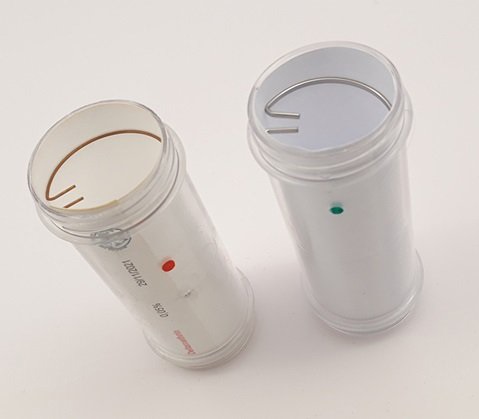Insecticide resistance

Discriminating concentrations of insecticides for monitoring resistance in Culex...

Determining discriminating concentrations of insecticides for monitoring resistance in sand flies: report...
The document presents outcome of a WHO multi-centre study (2020–2022) performed by eight laboratories in different WHO regions and the WHO expert...

Manual for monitoring insecticide resistance in mosquito vectors and selecting appropriate interventions
Vector-borne diseases are major causes of sickness, disability and death worldwide. These diseases are caused by parasites, bacteria or viruses transmitted...

Determining discriminating concentrations of insecticides for monitoring resistance in mosquitoes: report...
WHO conducted a multi-centre study in 2017–2021 involving 23 laboratories throughout the world to establish and validate discriminating concentrations...

Insecticide resistance monitoring
Consultative meeting was opened by Dr D L Heymann, the Executive Director of the Cluster of Communicable Diseases (CDS), in the new WHO structure....
Standard Operating Procedures

Standard operating procedure for testing the susceptibility of adult sand flies to insecticides in WHO...
This SOP describes the process for evaluating the susceptibility of adult sand fly vectors (Phlebotomus spp. and Lutzomyia longipalpis) to insecticides...

Standard operating procedure for testing the susceptibility of adult sand flies to insecticides in WHO...
This document contains the standard operating procedure (SOP) for evaluating the susceptibility of adult sand fly vectors (Phlebotomus spp. and Lutzomyia...

Standard operating procedure for impregnation of filter papers for testing insecticide susceptibility...
This standard operating procedure (SOP) describes the process for impregnating filter papers with insecticides and synergists to be used in WHO tube tests...

Standard operating procedure for testing insecticide susceptibility of adult mosquitoes in WHO tube tests
This standard operating procedure (SOP) describes the process to follow for evaluating the susceptibility of adult mosquito vectors to insecticides using...

Standard operating procedure for testing insecticide susceptibility of adult mosquitoes in WHO bottle...
This standard operating procedure (SOP) describes the process for evaluating the susceptibility of adult mosquito vectors to insecticides using the WHO...

Standard operating procedure for determining the ability of PBO to restore susceptibility of adult mosquitoes...
The purpose of this standard operating procedure (SOP) is to describe the process for evaluating the ability of PBO to restore the susceptibility of mosquitoes...

Standard operating procedure for evaluating the sterilizing properties of pyriproxyfen in adult female...
This (standard operating procedure) SOP describes the process of exposing mosquitoes to pyriproxyfen in glass bottles, chambering mosquitoes for oviposition...

